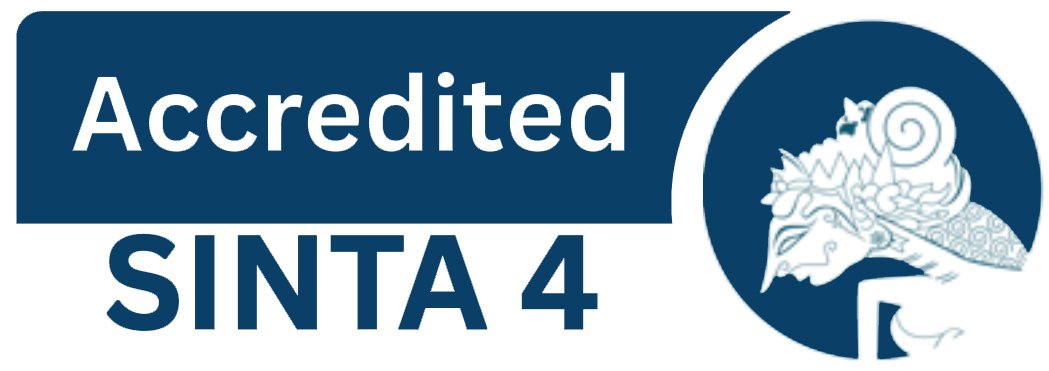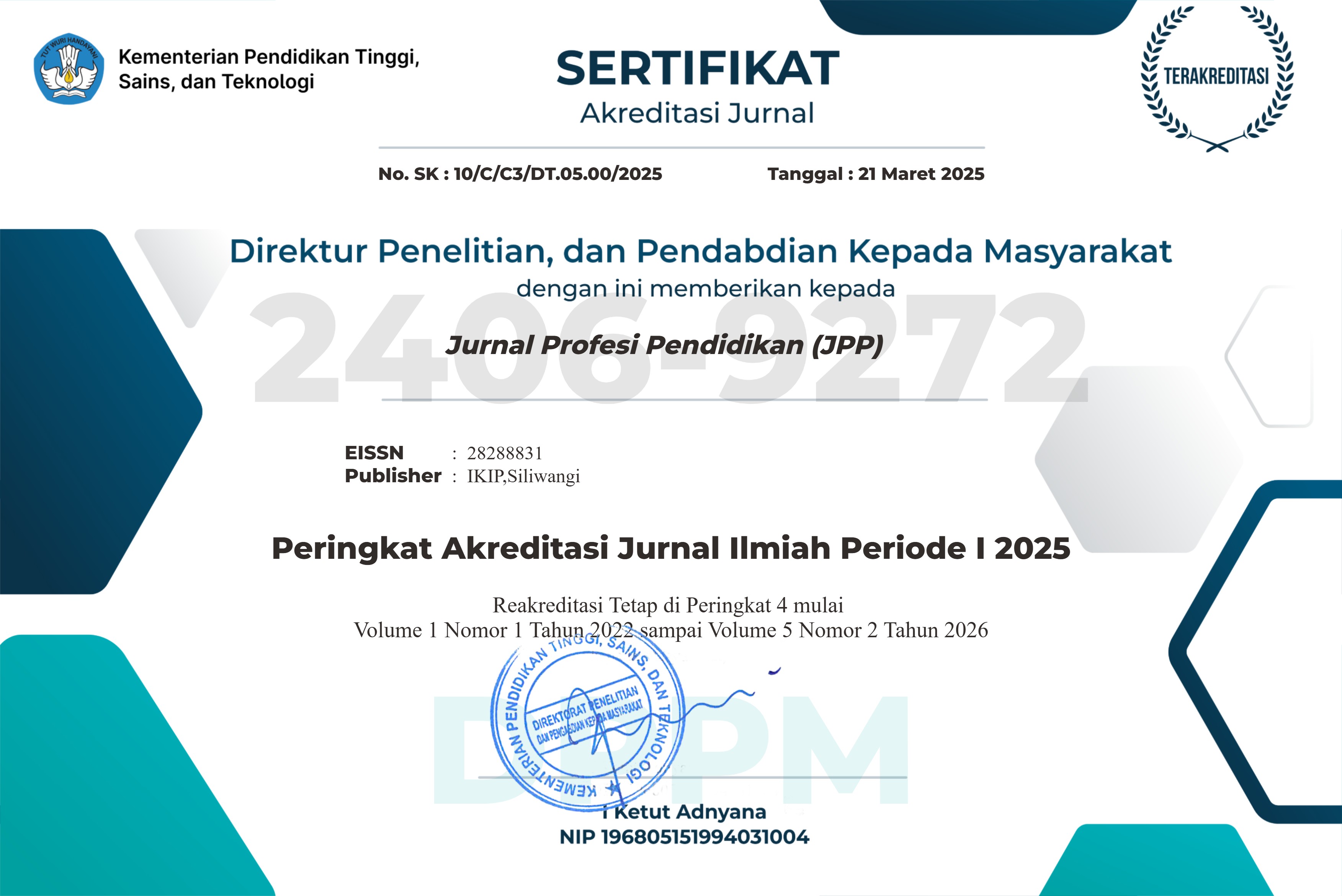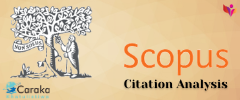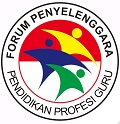Penggunaan Model Project Based Learning Berbasis Socio Scientific Issues untuk Meningkatkan Kemampuan Berpikir Kreatif Siswa Kelas IV Sekolah Dasar
DOI:
https://doi.org/10.22460/jpp.v3i2.25096Keywords:
project based learning, socio scientific issue, kemampuan berpikir kreatif, ipasAbstract
Penelitian ini didasarkan pada rendahnya kemampuan berpikir kreatif siswa kelas IV sekolah dasar pada pembelajaran IPAS khususnya materi mengubah bentuk energi. Tujuan pada penelitian ini adalah untuk mengetahui penerapan, peningkatan dan Kendala yang dihadapi guru dan siswa dalam melaksanakan pembelajaran dengan model Project Based Learning berbasis Socio Scientific Issue. Penelitian ini menggunakan metode mix method dengan the Sequential Explanatory Design. Instrumen yang digunakan yaitu tes, wawancara, obervasi, dan angket. Subjek pada penelitian ini yaitu siswa kelas IV di salah satu sekolah dasar di Kecamatan Kabandungan. Hasil pengolahan data menunjukan perolehan nilai rata-rata dapat dibuktikan dengan hasil rata-rata pretest yang sebelum penggunaan model Project Based Learning berbasis Socio Scientifiec Issue mendapat rata-rata 59,1 dan kelas posttest mendapat nilai rata-rata 77. Kesimpulan pada penelitian ini dapat diartikan bahwa Project Based Learning berbasis Socio Scientific Issue lebih efektif dalam meningkatkan kemampuan berpikir kreatif siswa kelas IV sekolah dasar
References
Arisanti, W. O. L., Sopandi, W., & Widodo, A. (2017). Analisis Penguasaan Konsep dan Keterampilan Berpikir Kreatif Siswa SD melalui Project-Based Learning. EduHumaniora-Jurnal Pendidikan Dasar Kampus Cibiru, 8(1), 82. https://doi.org/10.17509/eh.v8i1.5125
Asri, A. (2019). Berpikir Kreatif: Proses Inovatif dalam Penciptaan Produk Baru. Jurnal Inovasi dan Kreativitas, 15(2), 120-130.
Haryanti, T., & Saputra, M. (2019). Berpikir Kreatif dan Pemecahan Masalah. Jakarta: Penerbit Ilmu Pendidikan.
Nugraha, S. T. (2021). Does Students’ Demography Cause Heterogeneity of Students’ Mathematical Critical Thinking Abilities through Problem-Based Learning? A Meta-Analysis. Journal of Human University Natural Sciences. URL: http://www.jonuns.com/index.php/journal/article/view/687 Download: http://www.jonuns.com/index.php/journal/article/download/687/684
Nugraha, T., Fuadah, U. S., Amalina, A., & Karso, K. (2020). Aplikasi Discovery Learning Menggunakan TALER (Track a Learner Idea) untuk Mendeteksi Keterampilan Berpikir Kritis Siswa Kelas VI SD. Indonesian Journal of Primary Education, 4(2), 9-17.
Nugraha, T., & Suparman, S. (2021). Heterogeneity of Indonesian Primary School Students’ Mathematical Critical Thinking Skills through Problem-Based Learning: A Meta-Analysis. Al-Jabar: Jurnal Pendidikan Matematika, 12(2), 315–328. https://doi.org/10.24042/ajpm.v12i2.9645
Novitra, R. S., Fauziah, H. N., & Anwar, M. K. (2021). Efektivitas Model Pembelajaran Scrambler dengan Pendekatan Socio-Scientific terhadap Rasa Ingin Tahu Peserta Didik. Tadris IPA Indonesia, 354-363.
Sari, Ayu Mustika, Dadan Suryana, Alwen Bentri, & Ridwan Ridwan. (2023). Efektivitas Model Project-Based Learning (PjBL) dalam Implementasi Kurikulum Merdeka di Taman Kanak-Kanak. Jurnal Basicedu, 7(1), 432–440. https://doi.org/10.31004/basicedu.v7i1.4390
Sunarni, Sunarni, & Nova Monika. (2020). Pengenalan Education Fisheries pada Siswa Sekolah Dasar melalui Model Pembelajaran Project-Based Learning. Jurnal Marine Kreatif, 3(1), 24–28. https://doi.org/10.35308/jmk.v3i1.2283
Sumilat, J. M., Ilam, D., Pangemanan, M. V., Mangantar, A. C. M., Mukuan, R. B., & Kumontoy, N. (2023). Analisis Implementasi Model PjBL (Project-Based Learning) di Sekolah Dasar. Jurnal Basicedu, 7(6), 3980–3988. https://doi.org/10.31004/basicedu.v7i6.6557
Supardi, S. U. S. (2018). Developing of Measurement of Independence Characteristic in Middle School Students Mathematics and Science. Formatif: Jurnal Ilmiah Pendidikan MIPA, 8(2), 111–118. https://doi.org/10.30998/formatif.v8i2.2650
Downloads
Published
How to Cite
Issue
Section
License
Copyright (c) 2025 Jurnal Profesi Pendidikan (JPP)

This work is licensed under a Creative Commons Attribution-ShareAlike 4.0 International License.
Authors who publish with the Journal Pendidikan Profesi (JPP) agree to the following terms:
- Authors retain copyright and grant the journal the right of first publication with the work simultaneously licensed under a Creative Commons Attribution License (CC BY-SA 4.0) that allows others to share the work with an acknowledgment of the work's authorship and initial publication in this journal.
- Authors are able to enter into separate, additional contractual arrangements for the non-exclusive distribution of the journal's published version of the work (e.g., post it to an institutional repository or publish it in a book), with an acknowledgment of its initial publication in this journal.
- Authors are permitted and encouraged to post their work online (e.g., in institutional repositories or on their website) prior to and during the submission process, as it can lead to productive exchanges, as well as earlier and greater citation of published work. (See The Effect of Open Access)
Similar Articles
- Kamilia Salsabila, Susanti Sufyadi, Agus Hadi Utama, Systematic Literature Review: The Utilization of the Edutainment Learning Model on Students’ Learning Motivation , Jurnal Profesi Pendidikan: Vol. 4 No. 1 (2025): June
- Mira Astria, Ryan Dwi Puspita, Application of Humanistic Theory Assisted by Deep Learning in Science Learning Grade 4 SDN 108/1 Sungai Rumbai , Jurnal Profesi Pendidikan: Vol. 4 No. 1 (2025): June
- Risma Nuriyanti, Susilawati, Deceni Amelia, Abih Gumelar, The Effect of Ethnolinguistic-Based Experiential Learning Model on Critical Thinking Abilities of PGSD Students , Jurnal Profesi Pendidikan: Vol. 4 No. 1 (2025): June
- Isyfa Robi’ah Al-Adawiyah, Neneng Kurnia Sandi, Rima Rahmawati Permana, Sulastri Nurmaya, Ryan Dwi Puspita, Analisis Model Pembelajaran Projek Based Learning (Pjbl) Terhadap Konsentrasi Belajar Peserta Didik di Sekolah Dasar , Jurnal Profesi Pendidikan: Vol. 3 No. 1 (2024): June
- Medita Ayu Wulandari, Anwar Senen, Duhita Savira Wardani, Siti Ruqoyyah, Transforming Education Through Project-Based Learning (PjBL): Enhancing Students' Learning Outcomes and Critical Thinking , Jurnal Profesi Pendidikan: Vol. 4 No. 1 (2025): June
- Siti Patimah, Jajang Bayu Kelana, Pengembangan Bahan Ajar Menggunakan Model Problem Based Learning Berbantuan Aplikasi Powerpoint untuk Meningkatkan Kemampuan Pemahaman Konsep Matematika Pada Siswa Kelas IV , Jurnal Profesi Pendidikan: Vol. 2 No. 1 (2023): June
- Julia Julia, Umi Chotimah, Tyas Masito Mutiara, Enhancing Learning Motivation of Grade XI.9 Students Through Zep Quiz Media in Civics Education at SMA Negeri 3 Palembang , Jurnal Profesi Pendidikan: Vol. 4 No. 1 (2025): June
- Asih Martiasari, Jajang Bayu Kelana, Peningkatan Pemahaman Konsep Matematika Menggunakan Model Pembelajaran Problem Based Learning Berbantuan Media Manipulatif Untuk Siswa Sekolah Dasar , Jurnal Profesi Pendidikan: Vol. 1 No. 1 (2022): June
- Ayu Erika Puspasari, Penerapan Model Problem Based Learning Berbantuan Geogebra Classroom Untuk Meningkatkan Motivasi Belajar Peserta Didik , Jurnal Profesi Pendidikan: Vol. 1 No. 2 (2022): December
- Nuraini Nuraini, Camellia Camellia, Maimun Maimun, The Implementation of Culturally Responsive Teaching (CRT) Approach to Improve Learning Outcomes and Learning Motivation of Grade XI.3 Students at SMA Negeri 1 Palembang , Jurnal Profesi Pendidikan: Vol. 4 No. 1 (2025): June
You may also start an advanced similarity search for this article.

















